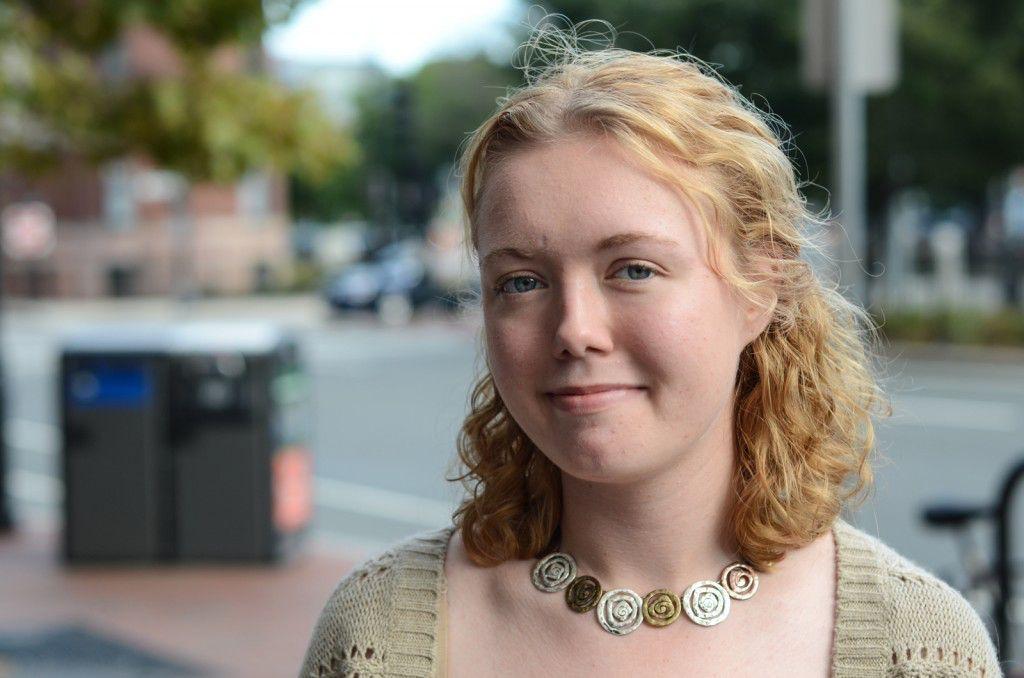There are few tasks more challenging than finding a political topic to write about on a Sunday night. All of the big announcements are at least four or five days old. Unless you want to comment on politicians and government officials reading off cue cards on Sunday morning, you can count on searching far and wide for a topic to comment on. So I’ve given up. This week I’m going to take on a subject that we’ve all read far too much about: social media.
Pauses for eye-rolls and groans I know, I know. There’s a new piece or study on the influences of social media on a daily basis. Everyone has an opinion, and thanks to platforms such as Twitter and Facebook, we all get to share! Yay! The reason everyone is talking about it is simple: there is no social, economic or information force more powerful than social media. It has become part of our lives as much as our phones have become glued to our hands.
Of course, for every teenager on Twitter, there’s a guy like my dad who refuses to join Facebook (for which I am eternally grateful). However, in spite of all the old geezers out there, social media will have a profound effect on the next generation of politicians.
By the time you and I are old enough to run for anything, we will have established online presences. There will be drunken tweets and cringe-worthy pre-teen Facebook statuses quoting Pink Floyd. Perhaps there will be online articles written for a college newspaper. Everyone will know who listened to whom the most on Spotify. In an era where we create a plethora of information every day and the Library of Congress stores every public tweet, managing one’s image can be the most challenging public relations task he or she will ever face.
For tomorrow’s politicians, that challenge starts today. A singular post could derail an entire candidacy. Now, I’m not saying a journalist will sift through 20 years of tweets to find the one they’ll live to regret, but crazier things have happened (e.g. former U.S. President George W. Bush graduating from Yale). The digital age has become the information age, but no one said we’d want all that information out there. By the time we’re 35, I’m sure there will be more efficient ways to search hundreds of posts for the “newsworthy” ones. As a country, we’re going to have to quickly learn how to forgive and forget. Let he or she who is without a cringe-worthy tweet cast the first stone.
While politicians may rue the day a drunken Mark Zuckerberg created Facebook in his dorm room, the public is already reaping the benefits of politicians on social media. There’s a new level of interaction between government officials and their constituents. Not only can you receive up-to-the-minute information from all your favorite politicians, but you can also respond and discuss these issues with other citizens (and sometimes the politicians themselves). Generally, these conversations quickly devolve into, “No, you’re an uneducated America-hater,” but still, debate is the heart of any democracy. Some dead Greek guy said that, I’m sure.
The other perk for the public is the entertainment factor. When former U.S. Rep. Anthony Weiner of New York isn’t accidentally sharing pictures of his junk, you’ll get gems like, “The best thing about the Earth is if you poke holes in it, oil and gas come out” from U.S. Rep. Steve Stockman of Texas, or invitations to play Kim Kardashian: Hollywood from the U.S. Environmental Protection Agency.
For the politicians of tomorrow, social media will be both a blessing and a burden. In the same way that it has brought problems to current elected officials, social media will always have the ability to destroy a person’s reputation and career. However, there is an upside. By the time we’re old enough to actually be “adults,” there will be too much social media. Everyone will have an embarrassing online past they’d rather not talk about. Voters are more likely to be empathetic than judgmental. More importantly, they’re more likely to see the human side of their representatives.
This broadened understanding of our representatives will create an environment where we are not only electing the platform, but also the person who is representing that platform. In the same way we elect presidents for more than their politics, we will have a chance to see that human element in all our government officials.
Social media creates a permanent impression of a temporary thought. While we may evolve and change as people, our posts fail to reflect that we’ve moved beyond these ideas. Tomorrow’s politicians will face new challenges as they campaign in a digital age. However, for those who can effectively use social media, these tools can be more than a compilation of ideas. Social media will add depth to almost all future politicians. Here’s to hoping there are still a few people we want to elect.
























































































































